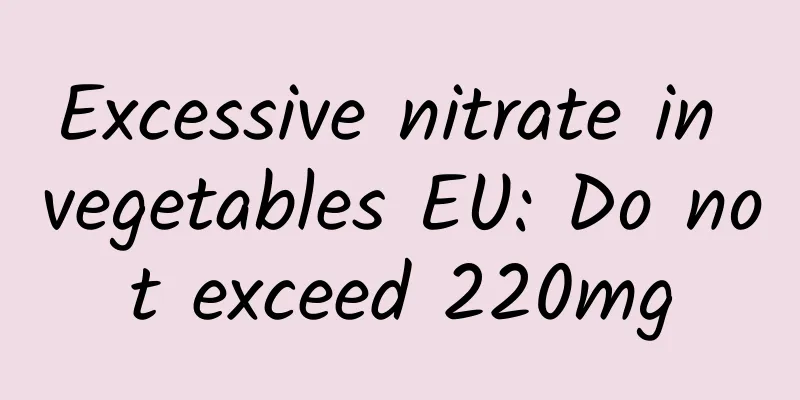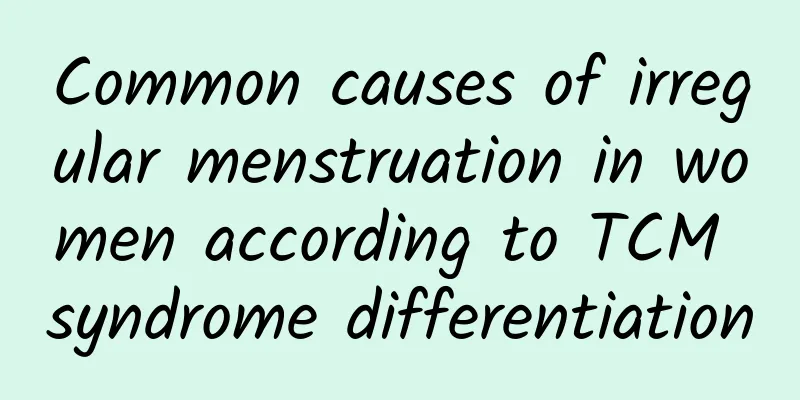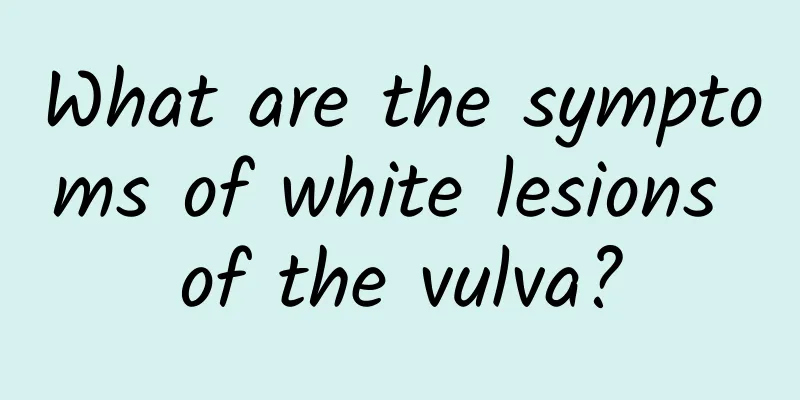Excessive nitrate in vegetables EU: Do not exceed 220mg

|
Is eating more vegetables really good for your health? A few months ago, a 42-year-old woman who had been a long-term vegetarian suffered from an acute hemoglobin poisoning reaction after consuming leafy vegetables containing excessive nitrates. According to past random inspections of commercially available vegetables by the Housewives Union Environmental Protection Foundation, more than 80% of vegetables were found to contain excessive nitrates. Based on the EU's regulations that adults should not consume more than 3.66 mg per kilogram per day, they called on the Council of Agriculture, Executive Yuan, and the Agricultural Food Agency to follow the EU's example as soon as possible and include nitrate testing in routine inspection items for fruits and vegetables and establish a permissible residue limit. Professor Zheng Zhengyong pointed out that an adult weighing 60 kg should not consume more than 220 mg of nitrate per day. For Chinese cabbage, which has a nitrate ion concentration of 2000 to 2500 ppm, the maximum intake is 100 grams (as shown in the picture). (Photography by Luo Huiwen) Zheng Zhengyong, a member of the Food Committee of the Consumers' Education Foundation and professor emeritus of the Department of Horticulture and Landscape Architecture at National Taiwan University, said that according to the standards of the European Union and the World Health Organization, humans should not consume more than 3.66 mg of nitrate per kilogram of body weight per day. If calculated for an adult weighing 60 kg, the daily intake should be limited to 220 mg. If we calculate that a serving of organic Chinese cabbage contains 2000 to 2500 ppm of nitrate ions, it means that an adult weighing 60 kg can only eat 100 grams of Chinese cabbage per day. In fact, even the same kind of vegetables can have different nitrate ion concentrations due to different seasons and length of sunshine. Therefore, the EU has set a nitrate standard of 3000 ppm in summer and 4500 ppm in winter for vegetables such as spinach and lettuce. According to the sampling results of the Housewives' Union in 2010, the average nitrate content of leafy vegetables on the domestic market is about 3000 ppm, and some are even as high as 4000 to 5000 ppm, which is often exceeded. However, Chen Manli, chairwoman of the Housewives Alliance Environmental Protection Foundation, said that the Council of Agriculture has been slow to include nitrates in routine vegetable testing on the grounds that countries such as the United States, Canada, Japan and Australia have not yet established vegetable nitrate limit standards and that the sampling results in China and those in the above countries are similar. In response, the Consumers' Foundation and the Housewives' Union jointly called on the Council of Agriculture to set limits on nitrate content for fruits and vegetables, in line with the EU and WHO. Professor Zheng Zhengyong pointed out that in the process of crop cultivation, many farmers overuse nitrogen fertilizers and chemical fertilizers in order to make vegetables grow faster and to facilitate early harvest. As a result, vegetables absorb excessive nitrates but do not have enough time to photosynthesize and convert nitrogen into proteins that are beneficial to the human body. As a result, a large amount of nitrate ions are stored in the leaves. Once ingested by the human body, it may cause "blue baby syndrome", acute hemoglobinemia, and may even be a cancer risk. In inland Europe, where animal husbandry is well developed, too much nitrogen fertilizer was used in growing pasture, resulting in high levels of nitrate ions in irrigation water and drinking water. In the early 1960s, in a small village in southern Germany, 200 infants ingested too much nitrate ions, causing one-third of them to suffer from blue baby syndrome, with bluish-purple skin and difficulty breathing, and half of them died. Consumers can use "nitrate test strips" to test whether vegetables contain excessive nitrate and nitrite ions. (Photography by Luo Huiwen) In order to enable consumers to understand whether the vegetables they eat every day contain excessive nitrates, the Consumer Foundation will provide 200 "Nitrate Test Strips". The hotline for requesting them is (02) 2700-1234; or you can attach a return mailing fee of $10 and indicate the mailing address and recipient. Each person is limited to one copy. |
<<: Eat heavy salty food! American children consume 3,300 mg of salt a day
>>: [Quick Questions and Answers] Can nutritional supplements really protect your eyesight?
Recommend
What are the methods for treating adnexitis in daily life?
What are the methods for treating adnexitis in li...
What are the clinical characteristics of irregular menstruation?
There are many manifestations of irregular menstr...
The main harm of dysmenorrhea to the human body
Dysmenorrhea mainly occurs during women's men...
Cervicitis in detail
Are you familiar with cervicitis? If not, then yo...
Put down the chicken bento! Handmade crystal salad is good for slimming
Office workers have many opportunities to eat out...
Details of preventing cervical hypertrophy in daily life
What are the preventive measures for cervical hyp...
What causes cervical hypertrophy in women?
Cervical hypertrophy in women may be caused by ce...
Are there any dangers of uterine fibroids requiring removal?
Uterine fibroids can cause menstrual abnormalitie...
What foods are good for the body when endometrial thickening occurs
Patients with endometrial thickening should avoid...
Can female pelvic inflammatory disease heal itself?
Female pelvic inflammatory disease (PID) refers t...
Harm caused by irregular menstruation
Women with irregular menstruation should pay atte...
What is the cause of blood clots during menstruation?
What is the cause of blood clots during menstruat...
The tomato diet is revealed! Famous doctor Cai Fengbo lost 11 kg by eating tomatoes, 5 tips to lose weight easily
Losing weight has become a national sport, but th...
Why do cervical warts always recur?
Cervical warts are no longer a rare STD in modern...
Uterine fibroids may also cause some compression symptoms
Uterine fibroids may also cause some compression ...









